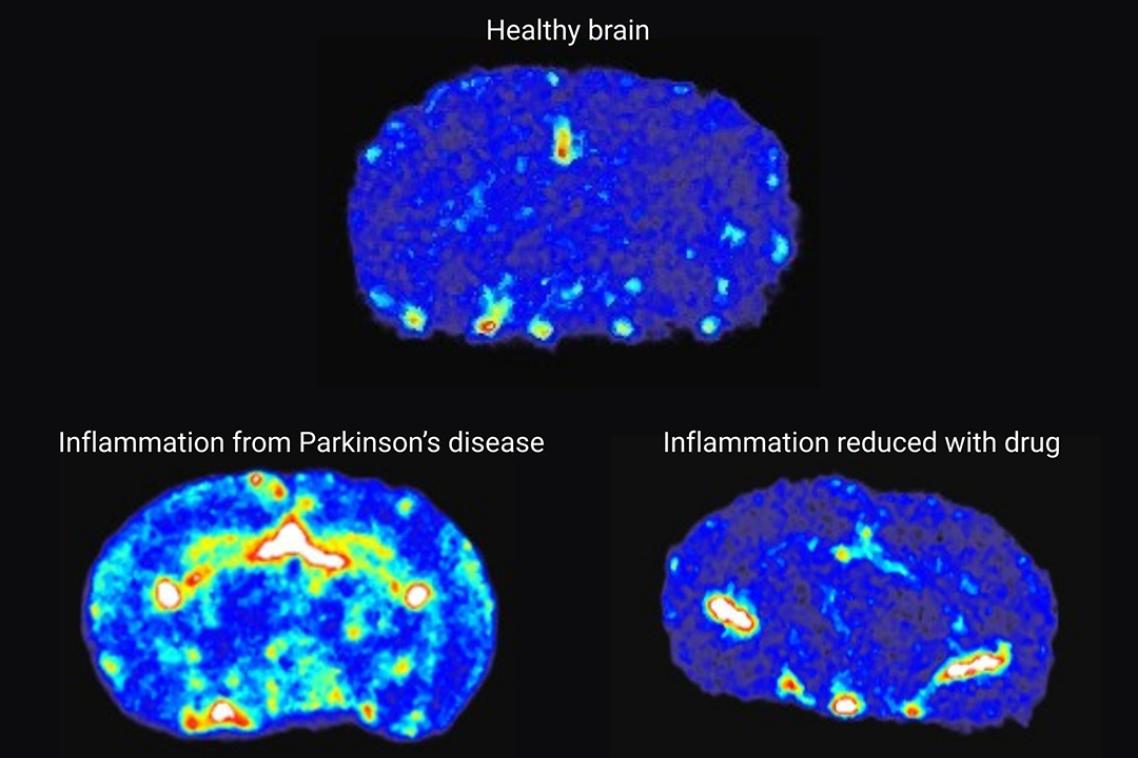Funding boost for UQ FASD program to slash waiting times

Queensland children affected by Fetal Alcohol Spectrum Disorder (FASD) will soon have earlier access to additional diagnostic and support services, which could give them better long-term outcomes.
A University of Queensland-led program will be expanded to support practitioners across locations in southern and central Queensland following $1.5 million in Commonwealth Health funding.
UQ’s Dr Natasha Reid said the funding would see the three-year waiting list for the University of Queensland and Children’s Health Queensland Neurodevelopmental Clinic significantly reduced.
“The clinic is one of the few services in Queensland that sees adolescents affected by FASD, and that’s a big reason why our waitlist is so long,” Dr Reid said.
“This funding will mean we can increase staff numbers, expand the existing clinic and support practitioners to undertake assessment and diagnosis across other sites in Queensland.
“This means we are able to see and support more children and their families.
“An earlier diagnosis leads to better outcomes because more support can be put into place to help people.”
Fetal Alcohol Spectrum Disorder is caused by alcohol exposure before birth and is the leading cause of non-genetic disability in Australia.
Children with FASD can often experience significant challenges including difficulties with memory, behaviour and everyday life skills.
For mother and daughter, Geraldine and Lola, a FASD diagnosis at UQ’s clinic transformed their lives for the better.
“Things changed for Lola pretty rapidly when she hit high school,” Geraldine said.
“I thought ‘okay’, it’s time to take this out of the dark and into the sunlight; we can’t be alone.”
“The number of times I thought I was just this dumb kid who couldn’t fit into a certain society,” Lola said.
“There is an answer and it’s such a relief!”
Dr Reid said there was limited FASD services in Queensland, particularly in regional areas.
“That’s something we will address with this funding, through training and support for health professionals across more Queensland sites,” Dr Reid said.
“Hopefully in the future we will have more people able to diagnose and provide support, and therefore better meet demand and achieve better outcomes.”
The program is a collaboration between the UQ Child Health Research Centre and Faculty of Health and Behavioural Sciences.
Media: Natasha Reid, n.reid1@uq.edu.au, +61 (0) 7 3069 7511; UQ Faculty of Medicine Communications, med.media@uq.edu.au, +61 (0)436 368 746.
Related articles

UQ researchers elected Fellows for outstanding impact in their field

Advanced brain imaging reveals promise of new drug for Parkinson’s disease
Media contact
UQ Communications
communications@uq.edu.au
+61 429 056 139

